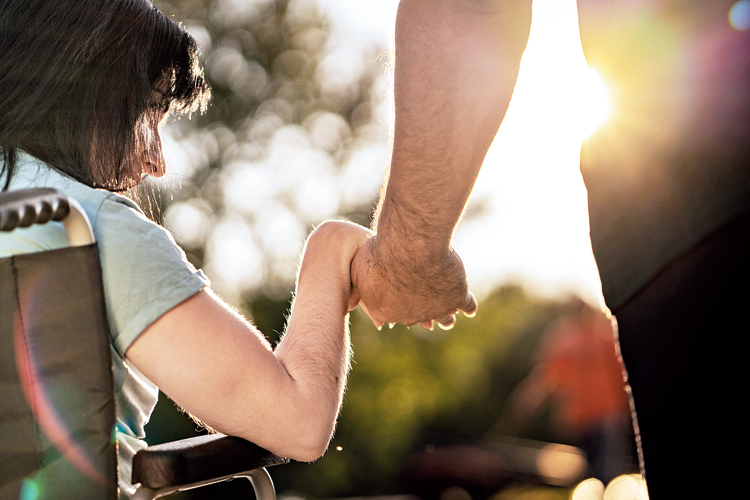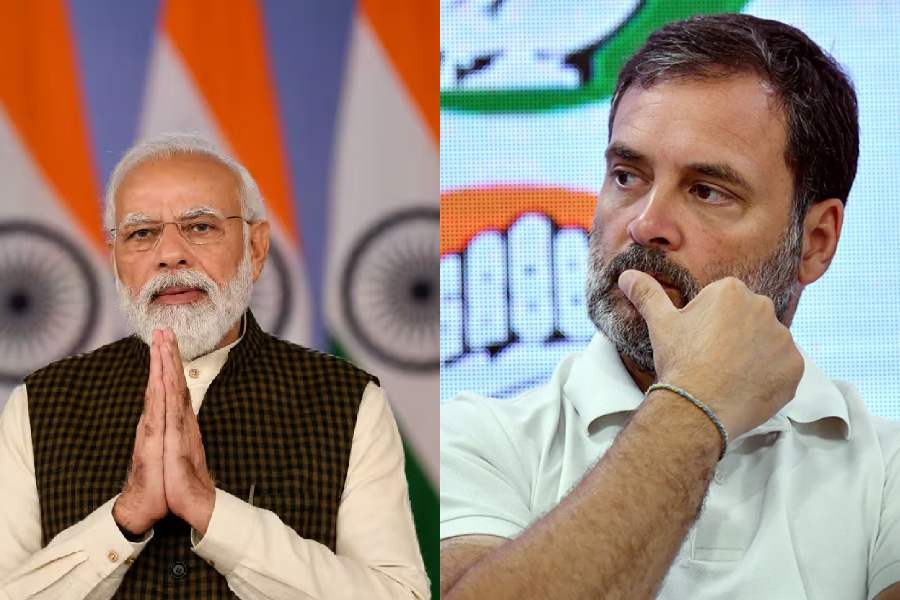Sudip, a 17-year-old, could not understand what the fuss was about. “I only drew a picture, so I cannot understand all the ballyhoo.” But that was vintage Sudip, whom I had known for a few years. He was a boy with odd social skills, very stilted in his communication, loved to use archaic English words in conversations, with a fondness to read about the Second World War and Antarctica. He had Asperger’s syndrome, which is a variant of autism. They are poor in mind reading and are quite concrete in their interactions. The “problem” was Sudip’s picture was drawn in school, in the library during recess and he had drawn the genitalia and a love sign with the name of a girl from his class on a piece of paper. The drawing was discovered by a fellow student and understandably “the ballyhoo” ensued.
Sudip was bullied in school because he could never fit in. Hence, he chose to isolate himself in the library during breaks. No one had ever spoken to him about sex, sexual feelings and what needs to be private and what can be done in public. Children, while growing up, learn many social etiquettes by observing. For children like Sudip, this was difficult because of their condition. Many rules and regulations of social interaction have to be explicitly taught to them. The school, which he was attending, was kind and teachers cared for him and understood that he needs more nurturing. Couple of years ago he had asked his teacher in biology class whether his parents had sex in order to conceive him. For Sudip, it was an honest question and nothing else. Sudip, and other persons with autism, have what is known as ‘invisible disability’. They often do not understand that some actions or conversations are best not to be followed through.
One of the consequences of having a disability is the notion of “presumed non-competence”. We automatically assume because someone has a disability-like autism, they are incompetent to decide for themselves.
Adults who knew Sudip well, knew he had autism. Hence they avoided conversing with him about sex, dating and falling in love. This was probably borne out of presumption of non-competence. He was not “normal” and hence talking to him about sex, relationships, dating and so on was like charting into an unknown territory. We assume they are not “fit” to handle information. Sudip is just an example of thousands of young people who suffer from what the medical community describes as Developmental Disorders. It is an umbrella term that includes autism, intellectual disability and ADHD (Attention Deficit Hyperactivity Disorder), among other conditions.
Society has always ignored and denied rights of people with disability. Many of those historical injustices are being addressed and at least partly rectified. Among those rights that are denied, sexual rights are one of the more complex and taboo areas. Through my work as a clinician working with children and young people with developmental disorders, I have become more aware of our own and societal blind spots in denying access to knowledge and information about sexuality for this group.
There is ample awareness on helping “normally” developing young people to negotiate puberty and familiarising them with issues of sex, sexuality, gender and life skills. There is, however, virtually nothing on the same for young people who have different abilities or developmental disorders. Why?
Converse about safety
Apart from the aspect of denial of rights and access to legitimate information there is another dimension to not engaging with young people with developmental disorders, on educating them about sexuality. All forms of abuse, including sexual abuse, is common in children and young people with disability. It is imperative that as responsible adults, we enable them to protect themselves. How are we ever going to achieve it if we do not educate them about sexuality?
My own experience has made me realise that most of us lack the skills and confidence to converse about sexuality, gender and life skills with children and young people with developmental disorders. We may intend to, but we lack the language and confidence to engage.
Then there are fears and myths regarding what will happen if we start talking about sex with young people who have developmental disorders. “They need not know about it” and “they will not be able to control the urges if we talk to them about it” are the two most common feedback we got when our team held focus group discussions in the community. Also, there is history too. Till not very long ago, our society practised and condoned eugenics. Labelled as “imbeciles, feeble-minded and deformed”, most people with disabilities were denied their right to love and sexual expression. In his magnificent book, The Gene: An Intimate History, Siddhartha Mukherjee gives a harrowing account of the misdeeds of the medical community colluding with authoritarian regimes to suppress sexual expression. This blight on our history has been corrected but we are still a long way away from establishing equity in terms of rights and justice in many domains of the lives of people with disabilities.
Parents and significant adults in the lives of Sudips of the world, have been programmed to see age-appropriate sexual behaviour through the very narrow lens of “problems and disorders”. Engagement of professionals like me is mostly restricted to curbing in them what is natural and joyous.
What was Sudip’s error? He did what many of us adolescents (I dare say at the risk of being censured!) have routinely done but his lack of guile led him to do it in a way where he was found out.
So what is on my wish list for change?
- Clear the cobwebs of myths and taboos regarding sexuality and disability.
- We have to accept that children and young people with ‘invisible disability’ are more prone to all forms of abuse, including sexual abuse. Hence we must converse with them about safety.
- Sexual expression, experiencing love and physical intimacy are part and parcel of all lives. We cannot deny them by simply deciding that some lives are less deserving than ours. Accept and engage in the process to enable them to experience a fuller life.
- Finally, do not judge Sudip and the likes of him.
Dr Jai Ranjan Ram is a senior consultant psychiatrist and cofounder of Mental Health Foundation (www.mhfkolkata.com). Find him on Facebook @jai.r.ram.7










